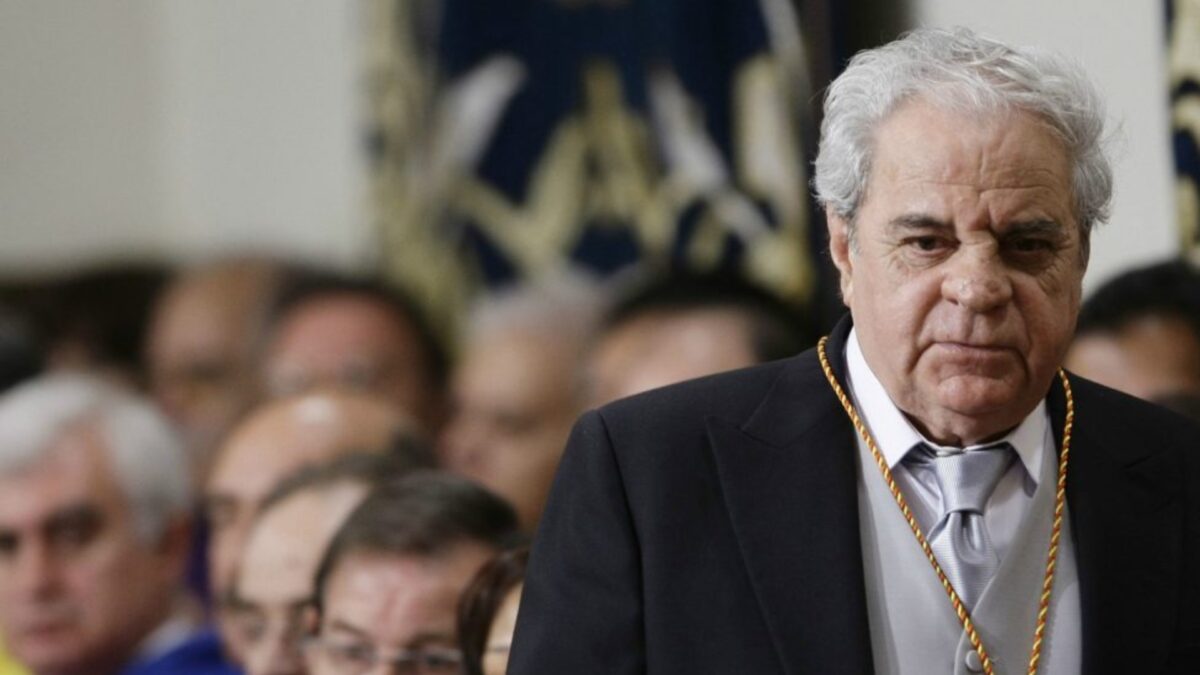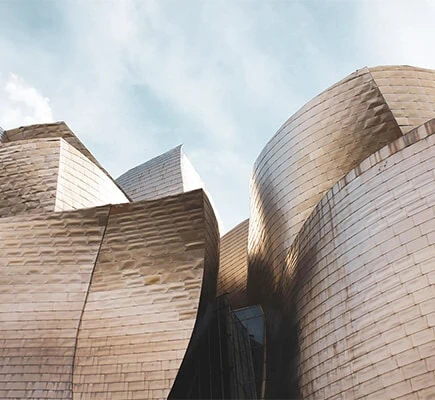Identity and Tradition
«Identity subtracts; tradition adds. Identity is a a cell to lock yourself up in. Tradition is a marvellous attic waiting to be discovered»

SUSANA VERA | Pool Reuters
If we had known how to distinguish between “identity” and “tradition”, we would have been spared the umpteenth dispute, as heated as it is frigid, over whether Catalan authors who have been writing for centuries (yes, centuries) in Spanish belong to Catalan literature or not (As I have explained elsewhere, Spanish is the term I prefer to “Castilian” for the language in which Eduardo Mendoza, Javier Cercas, Juan Marsé, Abel Matute, Laura Freixas or Carlos Ruiz Zafón all write).
Nobody recalls when the term “identity” jumped over the fence of ontology and logic to join the side of the vocabulary of political sociology. Maybe it was some German philosopher with theological ambitions who spoke first of the “identity” of different peoples. It was a dark alley he left us in. Identity is the attribute that makes something identical to itself. An object is identified according to an immutable attribute that makes it singular; if it loses that feature, we are talking about something else. Fixity is therefore a fundamental property. Identity requires an object to be defined once and for all in time and space; it is what it is, not what it has been or will be. And once defined it does not take so easily to letting anything in that does not agree with what has been defined, in the way that it has been defined. An “open identity” or a “plural” one are oxymoronic phrases we use off the top our heads when we take the wrong path and sink into the quicksand of language.
“Tradition”, on the other hand, is dynamic and dialogical: it implies at least two poles, one which gives and the other which receives. Tradition (from the Latin tradere, to hand over) is the most useful invention going, for it allows us to pass other inventions on. Consider, for example, in thinking of literature, how infinitely tedious it would be if every generation had to invent its own words or the novel or the sonnet. Unlike identity, tradition can never be considered complete: it is a permanently open inventory in which every generation has something to leave among the stock, perfecting what was already there, forgetting or remaindering what has ceased to be useful or in tune with the ethos of the moment. Tradition leaves a trace in the world; it generates momentum. Even though there has been talk of the “invention of tradition”, it is not a material that allows itself to be manipulated as arbitrarily as identity, which is often nothing more than a speech act performed by whoever is in control.
Identity, a Platonic concept, cannot become incarnate in history without an act of violence whereby fickle life is hammered into shape to fit the archetype. With tradition, on the other hand, a ductile concept (which is to say, one both malleable and resistant), you can do whatever you like: receive it and enjoy it, accept it nominally, or reject it, without further ado. Identity forces us to think in binary terms; tradition does not force us to choose. With it and in it you can be one thing and the other, and not one thing or the other. You can give and you can borrow. Between identity and tradition, so to speak, there is the same difference as between a monolith and a tree. If I were to define Catalan literature simply as the literature which is written in Catalan, I too would be hard put to think of Marsé’s work as Catalan literature. But if I use a different word and I think in terms of tradition, I have no hesitation in recognizing the huge place that the author of Últimas tardes con Teresa [Last afternoons with Teresa] occupies in Catalan culture and in seeing the need, therefore, to pay him homage. Are there really any Catalans so poor in spirit that they prefer to send everything back to the shop that has been written in Spanish, though it covers four centuries of their history, their cities, their landscapes? Well, so be it. To me it would be like like cutting two-and-a-half fingers from my hand.
As far as I am concerned, I usually say that Spain, without being my identity, is my tradition, that is to say, my heritage. It is everything that I have been given, thanks to a chance alignment of birth and geography, whose memory I am temporarily entrusted to keep: Cervantes, the Alhambra, Antonio Machado, Josep Pla, Rosalía de Castro, the Tower of Hercules and the Masa barrens in Burgos, beaches, mountains, olive groves. Tradition puts things in their place. It’s not that I belong to Spain, as some apostles of identity would have it; it’s that Spain belongs to me. If I conduct research and travel a bit, my tradition grows. The Cathedral of Chartres and Madame Bovary are also mine. And so Spain is not my tradition but, rather, it is the trunk of a huge tree, with a luxuriant foliage, that leads me to Europe and America. I don’t understand how anyone, having received the same patrimony as I, can turn his or her nose up at it. Identity subtracts; tradition adds. Identity is a a cell to lock yourself up in. Tradition is a marvellous attic waiting to be discovered.

